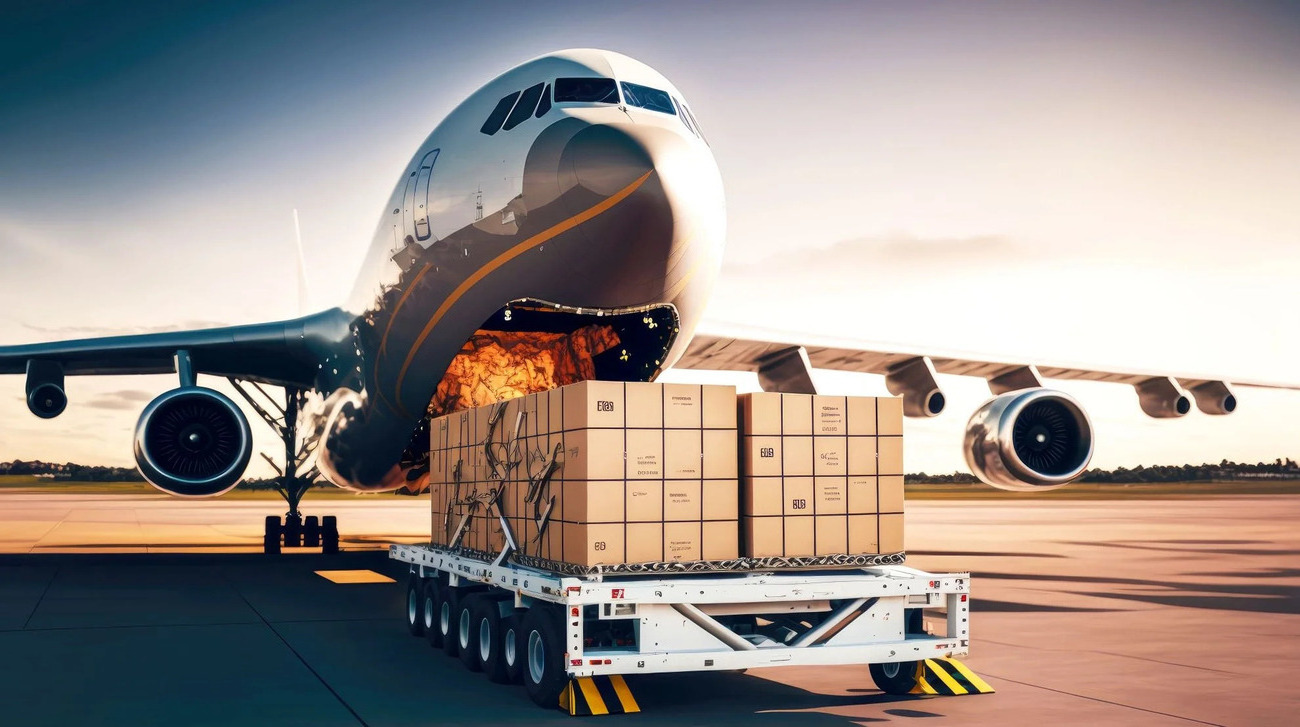
Air cargo plays a crucial role in global trade, ensuring goods reach their destinations quickly and efficiently. But how much do you really know about this vital industry? Air freight isn't just about transporting packages; it's a complex network involving logistics, technology, and international regulations. From the types of goods shipped to the busiest cargo airports, there's a lot to uncover. Did you know that some of the world's most valuable items, like medical supplies and electronics, rely heavily on air transport? Or that the industry contributes significantly to the global economy? Buckle up as we dive into 21 intriguing facts about air cargo that will give you a new appreciation for this high-flying sector.
The Evolution of Air Cargo
Air cargo has revolutionized the way goods are transported globally. From its humble beginnings to the sophisticated systems in place today, air cargo plays a crucial role in modern logistics.
- The first air cargo flight took place in 1910, transporting silk from Dayton to Columbus, Ohio.
- Air cargo accounts for about 35% of global trade value, despite representing less than 1% of trade volume.
- The Boeing 747, introduced in 1970, became the first aircraft specifically designed to carry both passengers and cargo.
Speed and Efficiency
Air cargo is known for its speed and efficiency, making it the preferred choice for time-sensitive shipments.
- Air cargo can deliver goods anywhere in the world within 48 hours.
- Perishable items like fresh flowers, seafood, and pharmaceuticals rely heavily on air cargo for timely delivery.
- Express services like FedEx and UPS have built their business models around the speed of air cargo.
Technological Advancements
Technology has significantly enhanced the air cargo industry, improving tracking, security, and overall efficiency.
- Modern air cargo uses advanced tracking systems, allowing real-time monitoring of shipments.
- Automated warehouses and robotic systems streamline the sorting and loading processes.
- Blockchain technology is being explored to enhance transparency and security in air cargo logistics.
Environmental Impact
While air cargo is fast and efficient, it also has a significant environmental footprint.
- Air cargo contributes to about 2% of global carbon emissions.
- Airlines are investing in more fuel-efficient aircraft to reduce their environmental impact.
- Sustainable aviation fuels (SAFs) are being developed to lower the carbon footprint of air cargo.
Economic Importance
Air cargo is a vital component of the global economy, supporting various industries and creating jobs.
- The air cargo industry generates over $100 billion in revenue annually.
- Airports with major cargo operations, like Memphis and Hong Kong, are significant economic hubs.
- Air cargo supports industries such as electronics, automotive, and fashion by ensuring timely delivery of components and products.
Challenges and Solutions
The air cargo industry faces several challenges, but innovative solutions are being developed to address them.
- Security is a major concern, with strict regulations in place to prevent smuggling and terrorism.
- The COVID-19 pandemic disrupted air cargo operations, but the industry adapted by increasing cargo-only flights.
- E-commerce growth has led to increased demand for air cargo, requiring more efficient logistics solutions.
Future Trends
The future of air cargo looks promising, with several trends shaping the industry.
- Drones are being tested for small parcel deliveries, potentially revolutionizing last-mile logistics.
- Electric aircraft are in development, promising to reduce the environmental impact of air cargo.
- Artificial intelligence and machine learning are being used to optimize routes and improve efficiency in air cargo operations.
The Final Word on Air Cargo
Air cargo plays a crucial role in global trade. It’s not just about speed; it’s about connecting the world. From transporting perishable goods to delivering essential medical supplies, air cargo keeps economies moving. The industry has seen significant advancements, making it more efficient and reliable. Innovations like real-time tracking and improved logistics have transformed how goods are shipped. Despite challenges like environmental concerns, the sector continues to adapt and grow. Understanding these facts helps appreciate the complexity and importance of air cargo. Next time you receive a package from across the globe, remember the intricate network that made it possible. Air cargo is more than planes and packages; it’s a lifeline for businesses and consumers alike. Keep these facts in mind, and you’ll see air cargo in a whole new light.
Was this page helpful?
Our commitment to delivering trustworthy and engaging content is at the heart of what we do. Each fact on our site is contributed by real users like you, bringing a wealth of diverse insights and information. To ensure the highest standards of accuracy and reliability, our dedicated editors meticulously review each submission. This process guarantees that the facts we share are not only fascinating but also credible. Trust in our commitment to quality and authenticity as you explore and learn with us.


